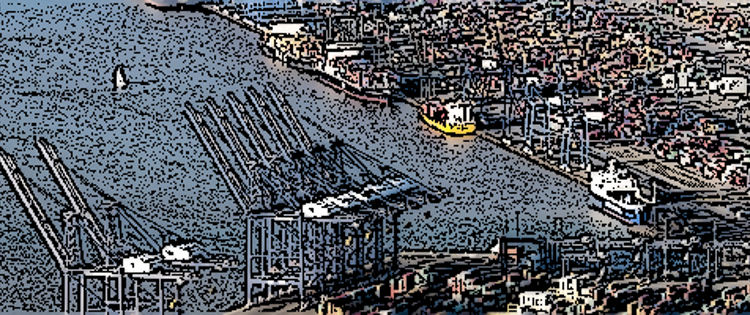There’s some pretty cataclysmic stuff being written about the Freeport/Charter City initiatives. I have had a quick poke around and made this, these notes on my wiki. I think the more cataclysmic predictions are not on the table although it’ll be interesting to see what happens in London Gateway wrt to Amazon , the minimum wage and union recognition. The Baker St. Herald is also on the case, documenting the ideological genesis of the idea of Charter Cities and the powerful network of libertarian billionaires pushing them and their [un]desirable end goals. The Institute of Government seems more sanguine and I note that the Economist article says that they lead to a ‘beggar my neighbour’ policy i.e. that the economic activity they generate is more likely to have come from elsewhere inside the [sterling] customs union.
From the Economist, I draw the conclusion that this is a Tory levelling up/regional policy substituting the market for local government/public money. We should also note that levelling up/regional policy is hard, no UK government has been successful for decades and that the ability to deliver one is more difficult outside the EU/Horizon Europe and having lost the EU levelling up funds.
Freeports basically minimise import duties, they are designed to aid manufacturing to allow them to import raw materials more cheaply and not pay tax on the goods twice i.e. once on the way in and once on the way out, if they are to be exported. While having a freeport in Newcastle may make sense for Nissan, I am unclear how one in London will help the UK’s lawyers and management consultants.
I have two conclusions, for those who think that Freeports will damage local democracy, the issue threatening local democracy is money. The Government are squeezing local government budgets to the extent that some are going under, and others are reduced to performing statutory tasks only. The second is that this Brexit Government has admitted that it cannot install the legally required import tax collection system on EU imports; I wonder if Freeports are a means of disguising yet another Brexit failure. …
